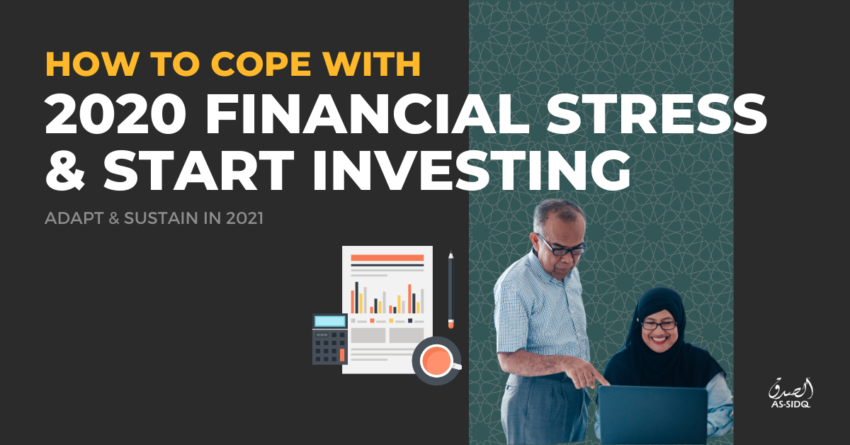Around one year ago, many were jubilant and excited for the arrival of 2020. Many anticipated it to be the beginning of an amazing decade and period of their lives. How could we blame them? The sound of 2020 had a nice ring to it and as Malaysians, the proposed Vision 2020 back in the 90s painted a picture of a modern dream-life.
However, fast forward 12 months later and there has been a drastic change of opinion towards 2020. With the year finally over, the majority of people around the world regard it as a year they would like to forget. 2020 was the period of a radical lifestyle change for everyone and also saw one of the worst global economic crises.
2020 financial stress for Malaysians
According to the Department of Statistics Malaysia (DOSM), the number of unemployed persons increased throughout the year and as of October 2020, the figure stood at 748,200 people. This made the unemployment rate stood at 4.7%.
However, the biggest indicator of financial stress for Malaysians can be seen in their financial habits. According to a recent survey, 53 per cent of locals would not be able to survive more than three months with their savings.
The survey also revealed that 19 per cent of respondents did not have any monthly savings at all while 46 per cent spend exactly what they earn or more. Furthermore, 45 per cent revealed that they have not started any retirement planning despite 70 per cent acknowledging that their EPF savings will not be sufficient when they do eventually retire.
On a brighter note, the new normal has caused 88 per cent of Malaysians to consciously choose contactless or cashless payment methods. In fact, 90 per cent of the respondents said that they have e-wallets on their mobile devices.
Targeted repayment assistance to help cope with financial stress
Bank Negara Malaysia (BNM) has said the banking sector remains committed to helping households and businesses who need assistance by introducing a range of packages for affected borrowers. This includes a targeted extension of the moratorium, as well as repayment flexibilities to help borrowers based on their specific financial situation.
Borrowers who have lost their jobs in 2020 and are still unemployed will be able to freeze loan repayments by a further three months, while borrowers whose salaries have been cut due to Covid-19 will be offered reduced loan instalments in proportion to their salary reduction, depending on the type of financing.
This targeted approach ensures that more resources are available to assist those who are vulnerable. It also enables the banking sector to better support the broader economy through continued lending.
Refinancing or accepting any form of repayment assistance during this period will not appear in a borrower’s CCRIS report. Refinancing or restructuring aims to reduce the financial commitment a person bears each month, so that it is within means while still being able to afford everyday spending.
If you looking to refinance or get a new loan, head on over to AsSidq.com. As your one-stop platform for Islamic financial products, we help match you with the best shariah-compliant financial offers from our banking and financial partners, based on your requirements and needs.
The service is provided free, simple to use and you will be matched instantly. Apply now and get approved in no time!
Want to invest in 2021? Robo-advisers make it easy to start!
If you’ve never invested before, starting to do so may seem intimidating. Luckily, robo-advisor platforms can help alleviate that!
Robo-advisors are software products powered by algorithms that allow one’s portfolio management to be automated. In other words, you get to manage your investments digitally without the need to consult a financial advisor. They are also known as Digital Investment Management.
Unlike traditional fund that requires a team lead by a manager, a robo-advisor does not need these thus they tend to charge a low service fee. Furthermore, because they are algorithms, they are not emotionally driven like a manager for a fund.
You can also customize your portfolio and diversified investment accordingly, whereas a conventional fund by banks does not allow this option.
Here is a list of rob-advisor platforms which are approved by Malaysia Securities Commission:


